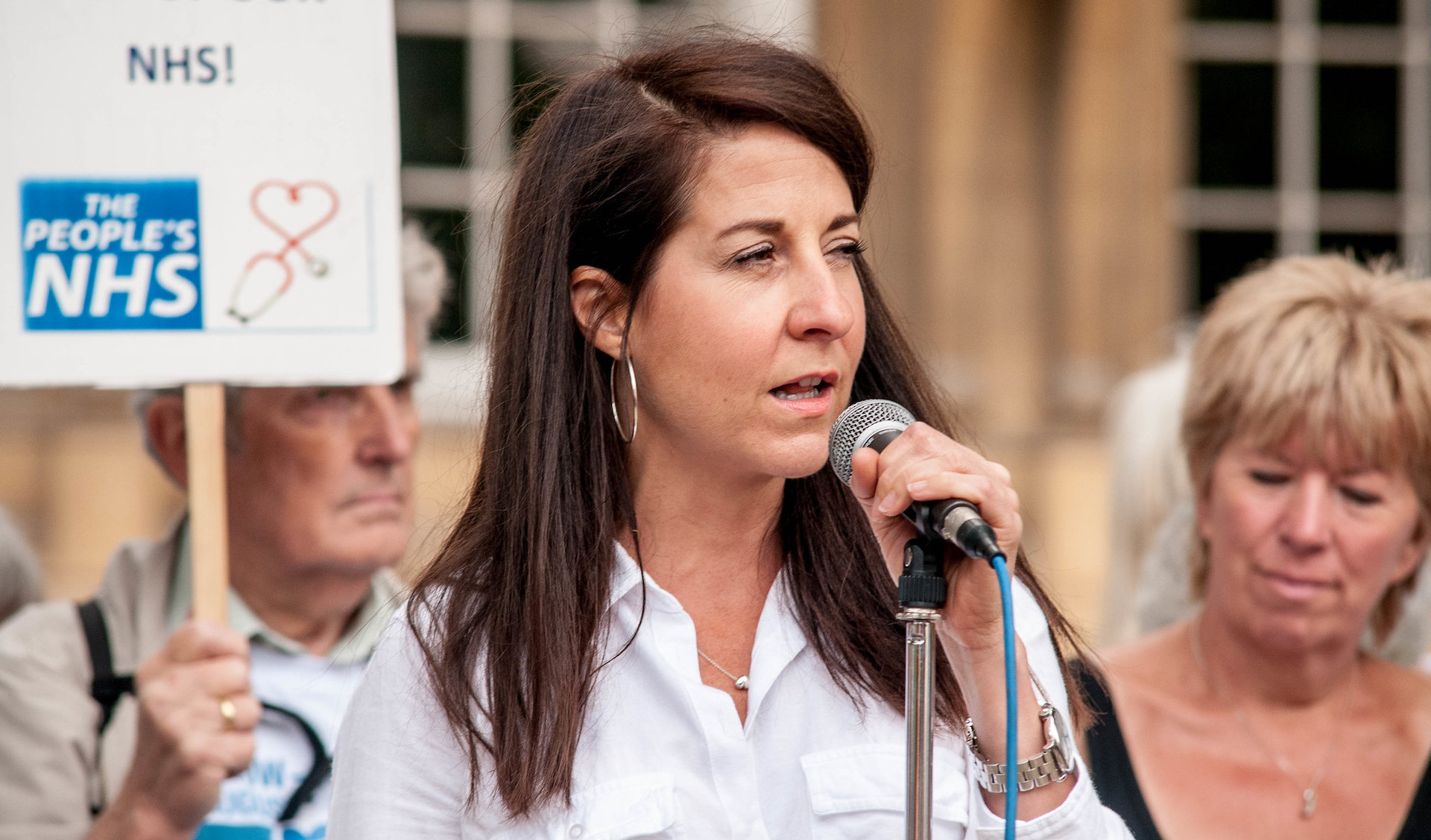The most controversial of the proposals was to replace PIP with one-off grants or vouchers. Other plans included changing the eligibility criteria for PIP and reforming the assessment process.
Big Issue understands that no decision has been made on the PIP reforms, and the government has not ruled out bringing forward the changes included in the consultation.
A DWP spokesperson said: “We are committed to championing the rights of disabled people so their views and voices are at the heart of all we do. We are now considering the responses to the consultation.”
Ken Butler, welfare rights and policy adviser at Disability Rights UK, said: “There must remain concern that PIP reforms proposed in the last government’s green paper may still go ahead in one shape or form. None of these have yet to be ruled out.
“Those proposals included changes to the eligibility criteria for PIP and the PIP assessment that were clearly aimed at large reductions in disability benefit expenditure.
“If Stephen Timms believes that disabled people’s ‘views and voices are at the heart of all that we do’, then any proposals the government puts forward should lead to a much-needed increase in benefit expenditure, not a reduction.”
Advertising helps fund Big Issue’s mission to end poverty
Campaigners previously celebrated after Conservative government plans to “snoop” on benefit claimants’ bank accounts appeared to be dropped, along with the Digital Information and Data Protection Bill when Rishi Sunak announced a general election.
However, in his speech at the Labour conference, prime minister Keir Starmer announced a new Fraud, Error and Debt Bill, which will similarly give the DWP powers to compel banks to hand over information about people’s finances if there is suspicion they are claiming benefits they are not entitled to.
Labour ministers have consistently pledged to tackle “worklessness” and “welfare fraud”, promising to drive people into work and slash the welfare bill, and there are fears about what this could mean for their reforms to PIP and other disability benefits.
Liz Kendall, the work and pensions secretary, announced this week that job coaches could visit mental health patients when they are in hospital to help them get back to work.
“I want to see those costs coming down, because I want to have people able to work, to get on in their work, which is good for them,” Kendall told BBC News, as she hinted that her ‘Get Britain Working’ white paper will contain some plans for incapacity benefits.
The DWP has also published a new survey of PIP claimants to understand the extra costs faced by disabled people.
Advertising helps fund Big Issue’s mission to end poverty
Ayla Ozmen, director of policy and campaigns at anti-poverty charity Z2K, said: “Liz Kendall hinted this week that the government will imminently set out long term plans for reforming incapacity benefits.
“The government has also said nothing about scrapping the previous government’s short-term plans to restrict incapacity benefits from next year, so we are extremely concerned that the upcoming budget will confirm that these plans will be taken forward.”
Ozmen refers to plans to reform the work capability assessment, due to come into effect next year, which will lead to lower benefits or higher work-search conditions for around 457,000 people by 2028/29. Labour has not said it will drop these plans.
“At the same time, the government has announced research into disabled people’s extra costs, and seems to be planning to delay PIP reform until this is carried out,” Ozmen said.
“Any reforms to incapacity benefits would clearly affect disabled people’s finances and abilities to meet their extra costs, so it makes little sense to bring forward changes to incapacity benefits without considering the outcome of this research.
“The government must look urgently at disabled people’s incomes in the round and not make any rushed or ill thought through changes until it has done so.”
Advertising helps fund Big Issue’s mission to end poverty
Disability equality charity Scope has found that disabled households face extra costs of around £1,010 every month – and PIP is vital in helping people cover those extra costs.
James Taylor, director of strategy at Scope, said that the PIP proposals have created “enormous amounts of anxiety for disabled people and their families”.
“These plans to introduce vouchers and make it harder to get PIP would have had a devastating impact. Pushing disabled people further into poverty would worsen their conditions. It would make disabled people more isolated,” he added.
Charities have long been clear that PIP is in need of reform. As the Big Issue has extensively reported, the process to claiming disability benefits can cause “psychological trauma” and “ill health” and push people further away from the workplace.
“PIP is in urgent need of reform, and with energy bills having risen again this month, we need urgent action,” Taylor said. “The government needs to listen and work with disabled people to fix our broken benefits system.”
Do you have a story to tell or opinions to share about this? Get in touch and tell us more. Big Issue exists to give homeless and marginalised people the opportunity to earn an income. To support our work buy a copy of the magazine or get the app from the App Store or Google Play.
Advertising helps fund Big Issue’s mission to end poverty









